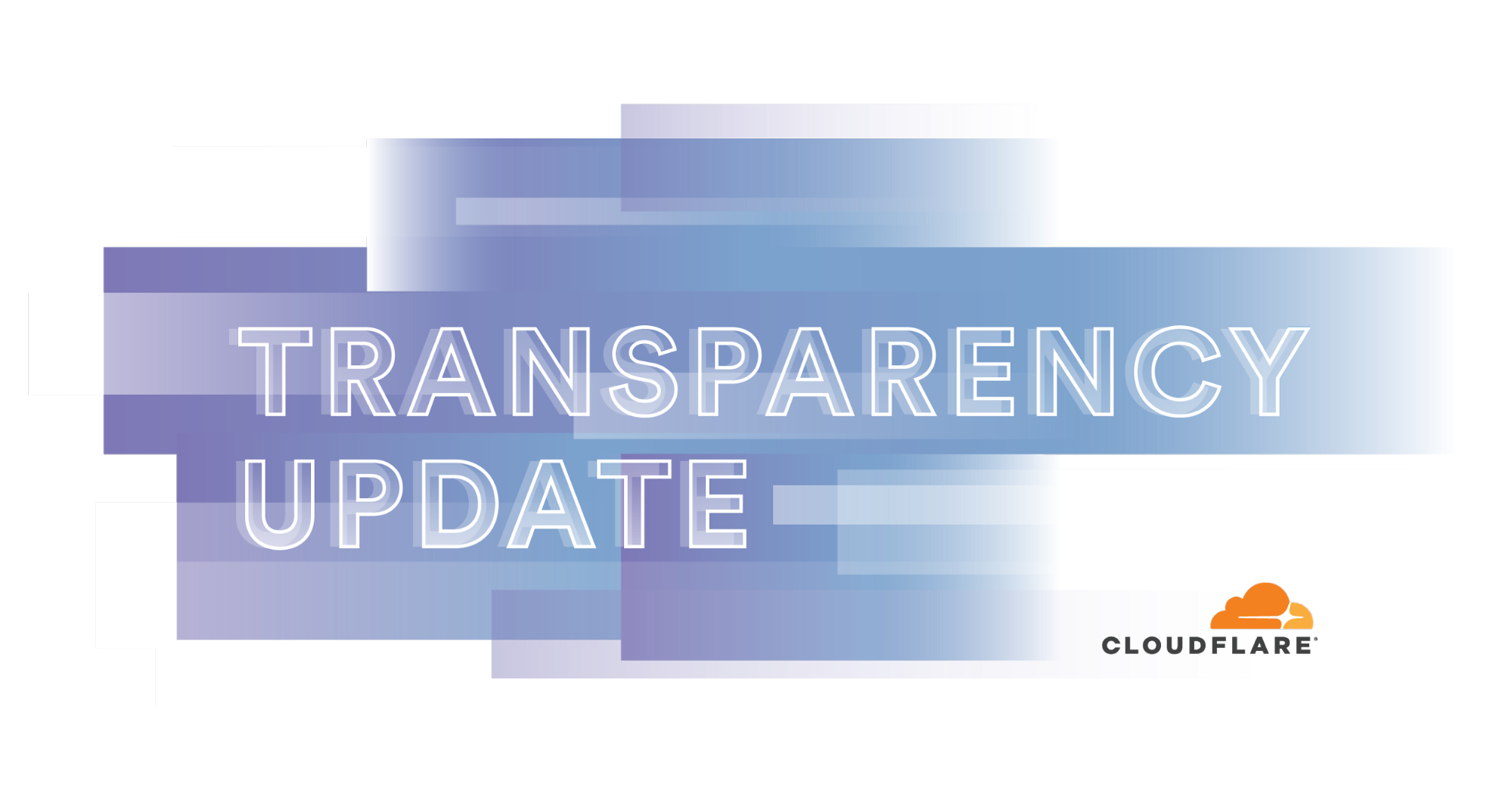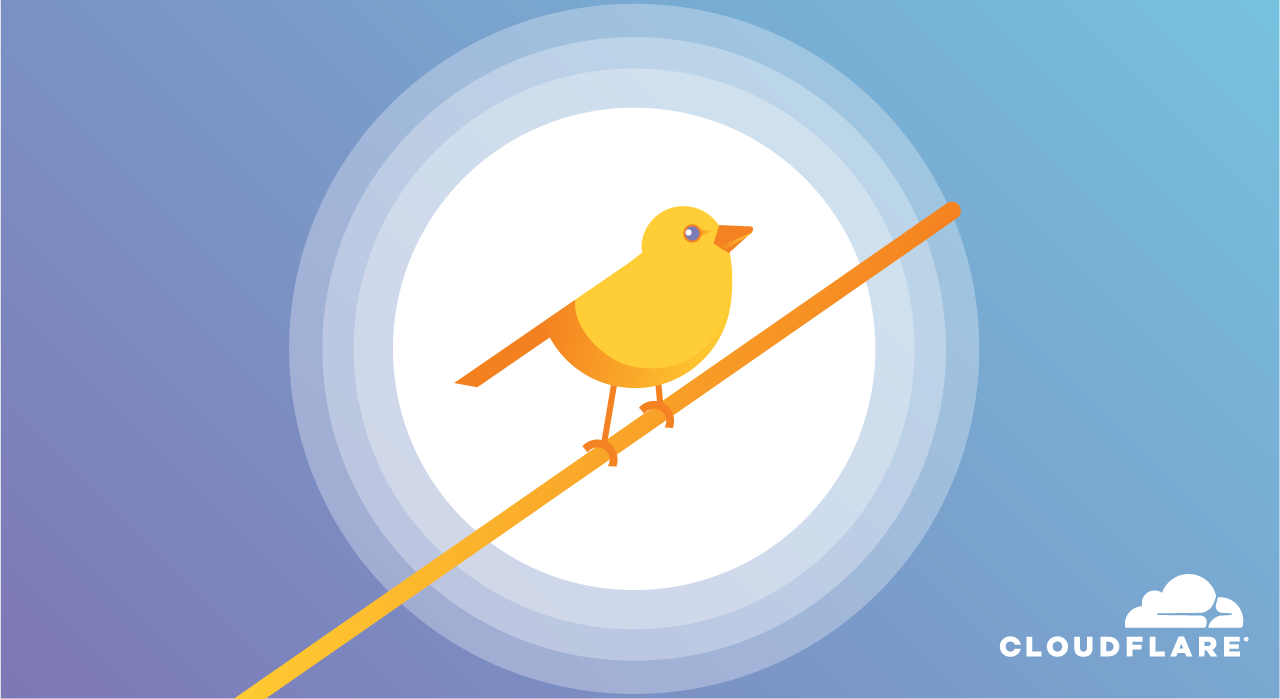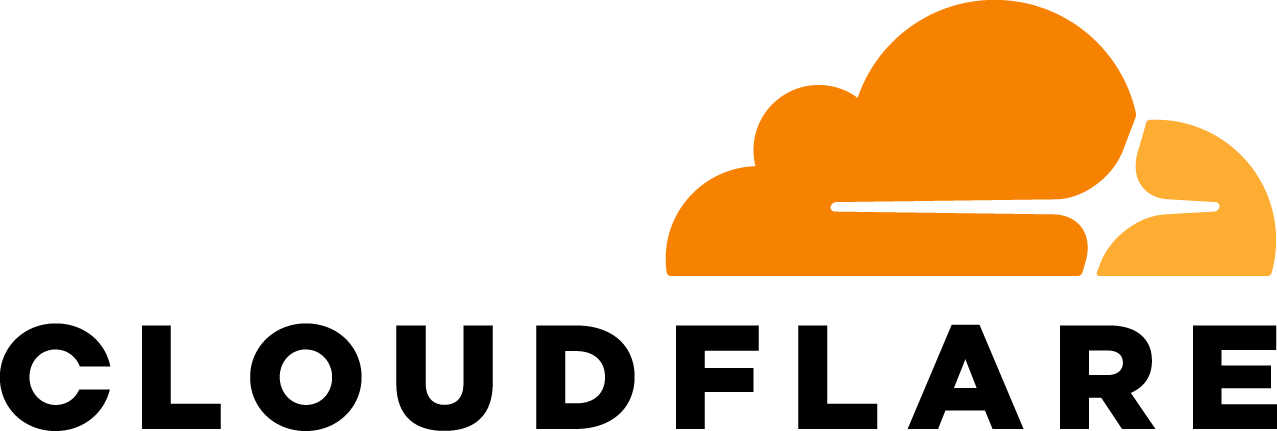
Today, Cloudflare is releasing its transparency report for the second half of 2018. We have been publishing biannual Transparency Reports since 2013.
We believe an essential part of earning the trust of our customers is being transparent about our features and services, what we do – and do not do – with our users’ data, and generally how we conduct ourselves in our engagement with third parties such as law enforcement authorities. We also think that an important part of being fully transparent is being rigorously consistent and anticipating future circumstances, so our users not only know how we have behaved in the past, but are able to anticipate with reasonable certainty how we will act in the future, even in difficult cases.
As part of that effort, we have set forth certain ‘warrant canaries’ – statements of things we have never done as a company. As described in greater detail below, the report published today adds three new ‘warrant canaries’, which is the first time we’ve added to that list since 2013. The transparency report is also distinguished because it adds new reporting on requests for user information from foreign law enforcement, and requests for user information that we receive from government agencies that are not part of law enforcement.
This is the first in a series of blog posts this week that will describe our process and the commitments we make in relation to the handling of user data and abuse queries, our interactions with the law enforcement and the security communities, and our essential red-lines when it comes to how we operate as a company. The specific updates will include:
- Monday: This blogpost on the updated transparency report and new warrant canaries.
- Tuesday: An updated discussion about how we address requests for content moderation
- Wednesday: How we plan to deal with abuse of new products
- Thursday: Dealing with requests from non-US law enforcement
This is an exciting time of growth for Cloudflare and we are only just getting started, so we do expect more complexity over the years. However, the fundamentals remain for us, always - transparency, due process, openness, integrity and a commitment to improving the Internet for all. We are excited to share more with you this week!
New Warrant Canaries
From the beginning, and consistent with our mission of “helping build a better Internet,” Cloudflare has relied on a set of values that inform how we work with our customers, with law enforcement, and with other third parties. Maintaining the privacy and trust of our users and supporting a secure, well-functioning, and content-neutral Internet is essential to us.
It’s not enough for us to be transparent about the things we do willingly, because tech companies are pressured every day to take the easy way out and avoid controversy or conflict by doing seemingly small things easily and quietly that are corrosive to these values. So, for many years, we have published a list of “things we have never done” in our transparency report to demonstrate our commitment to these values.
The rationale behind including “warrant canaries” in our transparency report is twofold. On one hand, if Cloudflare is asked by law enforcement or a third party to act against one of the warrant canaries and not disclose it publicly, we will still have to remove it from our list. The removal of the warrant canary, like the silence of a canary in the coal mine, will signal to our customers that something is not right. And in addition, these statements serve as a signal to groups which may ask us to take actions contravening our values that such actions are not so easy for us to take. We have said before and re-commit here: if Cloudflare were asked to take an action violating one of the warrant canaries, we would pursue legal remedies challenging the request in order to protect our customers from what we believe are improper, illegal, or unconstitutional requests.

Why add new warrant canaries?
We have not added warrant canaries since we put out our first transparency report in 2013. The original canaries are as follows:
- Cloudflare has never turned over our SSL keys or our customers SSL keys to anyone.
- Cloudflare has never installed any law enforcement software or equipment anywhere on our network.
- Cloudflare has never terminated a customer or taken down content due to political pressure.
- Cloudflare has never provided any law enforcement organization a feed of our customers' content transiting our network.
So, why change that this year? Though the company develops new products each year, the addition of new types of services in 2018, notably Cloudflare Workers and DNS Resolver 1.1.1.1, expanded our capabilities in a way that we believe is worth addressing. Similarly, regulation of technology has been changing globally, and we feel it is pertinent to respond to these developments.
The new canaries, and the issues they are intended to address, are outlined below. To be clear, we haven’t necessarily received law enforcement requests to do any of these things at this point. We just want to make sure we lay out our commitments as clearly as possible before we get a request.
The new canaries
Cloudflare has never modified customer content at the request of law enforcement or another third party.
The Internet has come a long way since the early days when every visitor to a website saw precisely the same content. Cookies and other techniques allow developers to customize the user experience. In the last year and a half, Cloudflare launched Workers, which allows website developers to customize their websites using edge side code. Using Workers, our customers can do things like customizing their websites, serving different versions of their website to different types of visitors or to those in different locations. Although being able to alter the version of a website particular visitors see or what application runs for different visitors is a powerful new tool for our customers, we recognize that it also holds the potential for mischief and abuse. Governments or malicious actors could in theory use edge-side code to modify the content of a website, make changes only for particular viewers, or collect information about the visitors to a site.
We believe that only those who are empowered to change the site itself should be empowered to make changes by running code at the edge. We will therefore fight requests to make modifications, either by adding apps or modifying content, at the request of a third party without the customer’s consent.
Cloudflare has never modified the intended destination of DNS responses at the request of law enforcement or another third party.
The privacy and security of DNS Resolver 1.1.1.1 are very important to us, and were front of mind when designing the service, as described here. At Cloudflare we believe that part of helping to build a better Internet is to ensure that users are routed to the website they intend to visit.
DNS spoofing, or cache poisoning, exploits the functioning of DNS resolvers in order to route unsuspecting visitors incorrectly. If we think of DNS as the phonebook of the Internet, DNS spoofing is similar to someone taking new phonebooks from people’s doors and replacing them with fakes. In this new copy, the attacker has changed ordinary people’s numbers to the numbers of phone scammers. When a user with one of the affected books looks up and calls the number of, say, a landscaping service, or even a friend, they end up dialing a scammer instead. In DNS spoofing, a person looking up an affected website would be directed to a fake website, or somewhere different entirely, rather than the intended destination.
We saw a concrete example of this type of DNS spoofing earlier this month. On February 10, 2019, Venezuelan opposition leader Juan Guaido asked Venezuelans to volunteer to help international humanitarian organizations deliver aid into the country. A day after this public announcement, however, a similarly named website was set up, and users in Venezuela trying to visit the original and official website were redirected -- using DNS spoofing -- to the fake website. The fake website had a form to register personal data, such as name, email and cell phone.
According to Motherboard:
While studying the fake website, researchers found phishing sites hosted on the same IP address. And there’s evidence that the people behind the second, apparently fake and malicious, website were working for the government of Maduro, according to security firm CrowdStrike and independent researchers.
“It’s clearly the work of the Venezuelan government trying to identify the people working against them, so that they can put a stop to it,” Adam Meyers, the vice president of intelligence at CrowdStrike, a firm that’s analyzed the attacks, told Motherboard in a phone call.
This type of DNS spoofing can be done for any number of purposes, from gaining sensitive information to preventing access to websites with controversial content. Making a commitment not to modify the intended destination of DNS responses at the request of law enforcement or a third party is an affirmation of our desire to ensure the reliability of 1.1.1.1 and do our best to maintain confidence in the DNS and Internet infrastructure more generally.
Occasionally, law enforcement uses Cloudflare for domains they have seized from domain registrars using legal process. Because law enforcement has obtained legal control of the website in those circumstances (through seizure), that service does not involve modification of DNS responses.
Cloudflare has never weakened, compromised, or subverted any of its encryption at the request of law enforcement or another third party.
We believe encryption is critical to a trustworthy and secure Internet. Encryption prevents the theft of private data, making it safer to bank, shop, and communicate online.
Because of the importance of encryption to the Internet ecosystem, we have a team constantly working on new ways to increase encryption on the Internet, whether that means providing SSL certificates for free to all our users, pioneering eSNI or supporting DNS over TLS and DNS over HTTPS on 1.1.1.1.
Because encryption can complicate efforts to obtain access to digital evidence, however, law enforcement agencies have pushed for tools to gain access to encrypted material. These efforts range from the FBI’s attempt to get a court order to require Apple to assist them in obtaining encrypted data from an iPhone in February 2015, to Australia’s new Assistance and Access law, passed last fall. We’re concerned that these types of efforts will raise questions about the security of encryption products. As one Cloudflare employee put it after Australia’s law passed, “tech companies now have to do code reviews of everything coming out of Australia” to ensure there are no vulnerabilities.
We added the new commitment to prevent this uncertainty. Our intent is to continue focusing on ways to improve current encryption methods and deployment of these methods, not weaken them.
Cloudflare has never turned over our encryption or authentication keys or our customers' encryption or authentication keys to anyone.
This is a slight modification to a previous commitment. The wording previously referred to “SSL keys” rather than “encryption and authentication keys.” Given the deprecation of SSL, we wanted to be absolutely clear that we were referring to all encryption and authentication keys, not just those from a deprecated security protocol.
Our goal in modifying this canary is to provide additional security for our customers. We therefore believe it makes sense to distill the language to encompass the crux of what we will not do, which is provide our customers’ keys to third parties.



